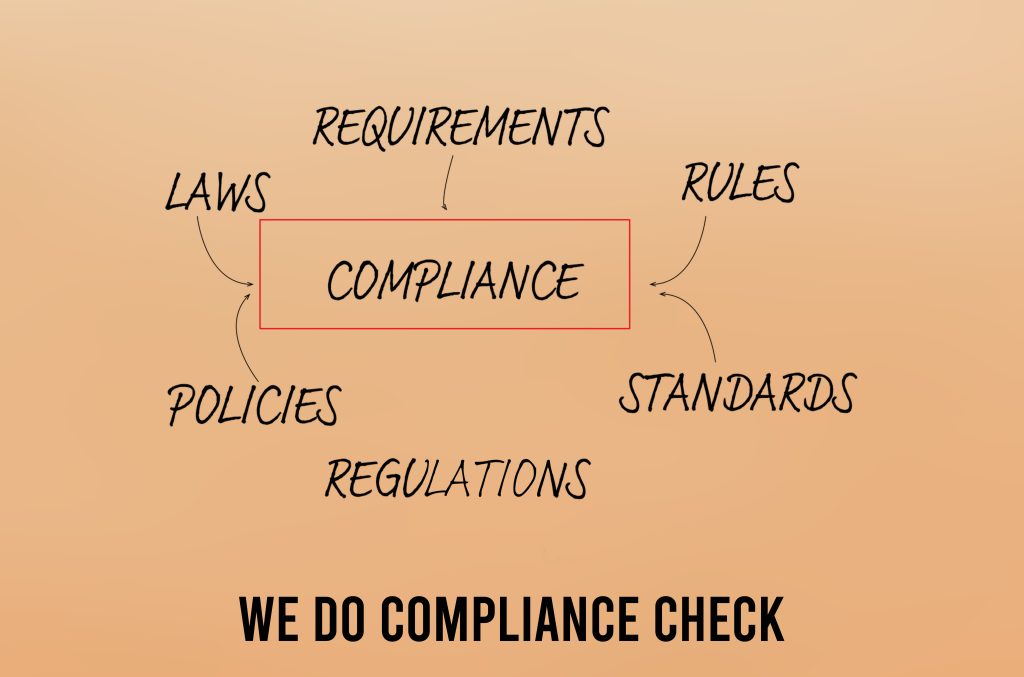Understanding Security and Compliance in Decentralized Hedge Funds
Decentralized hedge funds are carving a niche in the financial sector. However, with their rise, the twin concerns of security and compliance take center stage. After all, investors and stakeholders need assurance that their assets are secure and that fund operations adhere to legal standards. This article breaks down the facets of security and compliance within these funds, shedding light on how they navigate this complex landscape.
Security in Decentralized Hedge Funds
In the decentralized finance space, the integrity of hedge funds hinges heavily on robust security measures. Thus, ensuring assets are safeguarded and operations are smooth is vital. Here is what investors need to know about the various layers of security that are crucial for maintaining the trust of stakeholders.

Smart Contract Security
Smart contracts serve as the foundation of decentralized hedge funds. They must undergo meticulous testing and auditing because even a minor flaw can pose significant risks, potentially endangering the entire fund.
Asset Custody
It is a delicate balance between ensuring easy access to assets and guaranteeing their security. For this reason, a considerable chunk of assets are typically kept in cold storage, while secure online wallets handle those needed for daily operations.
Protocol Security
A fund’s protocols are its backbone. Protecting them from ill intentions, both from insiders and external agents, is essential to fostering a consistently reliable environment.
Data Privacy
The transparency offered by blockchain technology is undeniably its strength. However, there is a need to shield sensitive details. Managing this balance between openness and privacy is a nuanced task every decentralized hedge fund must perfect.
Resilience to External Attacks
The digital realm is ever-evolving, and so are its threats. Decentralized hedge funds need to be ever-watchful, possessing the right tools and strategies to counteract cyber threats. This ensures their operations remain fluid, regardless of external challenges, such as:
- Phishing Attacks: Decentralized hedge funds are often targets of deceptive phishing techniques, including misleading emails and social engineering.
- Smart Contract Vulnerabilities: The power of smart contracts is occasionally undermined by bugs, making audits and testing imperative for financial security.
- Distributed Denial of Service (DDoS) Attacks: DDoS attacks flood a fund’s system with traffic, emphasizing the need for strong mitigation measures.
- Malware and Ransomware: Funds face threats from malicious software that either steals data or locks assets, underlining the importance of secure endpoints and data encryption.
- Insider Threats: Despite decentralization, insider threats loom, necessitating tight access controls and continuous monitoring.
- Social Engineering: The human element remains vulnerable, with cybercriminals manipulating staff for unauthorized access, highlighting the importance of ongoing training.
- Blockchain-specific Attacks: The very backbone, blockchain networks, can be compromised through majoritarian control attacks, urging funds to be prepared.
- Flash Loan Attacks: DeFi’s susceptibility to quick arbitrage exploitation within transactions calls for in-depth monitoring and defensive measures.
Compliance in Decentralized Hedge Funds
When it comes to decentralized hedge funds, compliance is not just a checkbox but a continuous endeavor. Adhering to regulations, providing transparency, and ensuring operations align with global financial standards are imperative. Thus, let us take a look at the multifaceted aspects of compliance in the decentralized financial ecosystem.
Transparent Reporting
Transparency is not just a buzzword; it is the cornerstone of building and maintaining investor trust. By laying all cards on the table regarding operations and transactions, decentralized hedge funds can set themselves apart as paragons in fund management.
AML and KYC Protocols
Sure, the spirit of decentralization leans towards anonymity. However, to thwart illicit financial activities and align with global standards, funds may incorporate checks such as Anti-Money Laundering (AML) and Know Your Customer (KYC) protocols.
Engaging with Regulators
Instead of reacting to regulations, the more prudent approach is to engage with regulators. By having a dialogue, funds can better shape, comprehend, and anticipate the regulatory climate, ensuring they always operate within bounds.
Tax Compliance
The maze of tax regulations in the crypto space can be daunting for investors. A responsible decentralized hedge fund will guide its stakeholders through these complexities, bolstering its standing as a diligent financial player.
Continuous Monitoring and Auditing in DeFi
It is clear to see that when it comes to decentralized finance, continuous oversight is not just an afterthought – it is essential. With vast sums at play and intricate protocols in motion, regular monitoring and comprehensive audits ensure both operational integrity and stakeholder trust. Let us explore why these processes are fundamental and how they safeguard the evolving DeFi ecosystem.
The Need for Vigilance
In DeFi, where operations are automated, and funds move seamlessly, continuous monitoring is the first line of defense against anomalies. Whether it is unusual transaction patterns or potential protocol breaches, staying vigilant helps detect and rectify issues before they escalate.
Audits: Beyond a One-time Check
Audits in the DeFi space are not just a one-off procedure. They are recurring, thorough examinations of systems and protocols. By regularly subjecting platforms to rigorous scrutiny, funds can unearth vulnerabilities, refine their operations, and fortify their defenses against both known and emerging threats.
Ensuring Stakeholder Confidence
Ongoing monitoring and consistent audits do not just secure operations; they also build investor trust. By demonstrating a commitment to excellence and transparency, decentralized hedge funds assure stakeholders that their assets and interests are in competent, diligent hands.
us leo.
Wrapping Up
Ultimately, decentralized hedge funds are pushing financial boundaries, but their success hinges on robust security measures and strict compliance. Ensuring safety and adhering to regulations will not only safeguard investments but also bolster the fund’s standing in the financial community. As the world of decentralized finance expands, understanding these pillars becomes indispensable for informed participation and investment.
